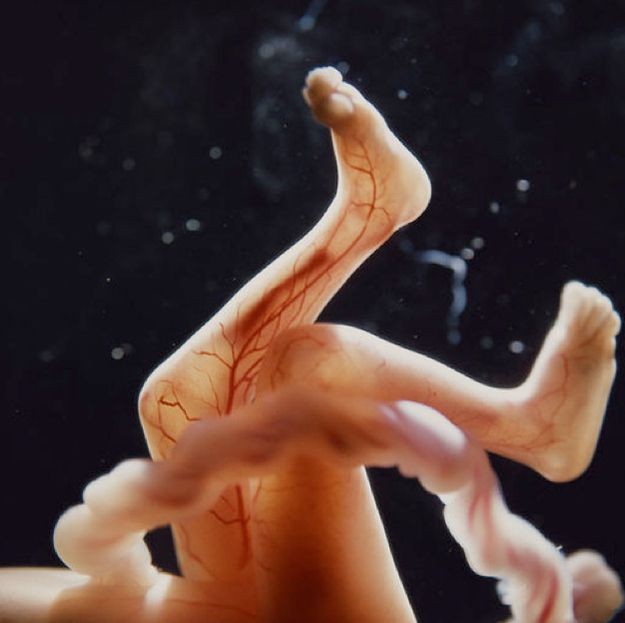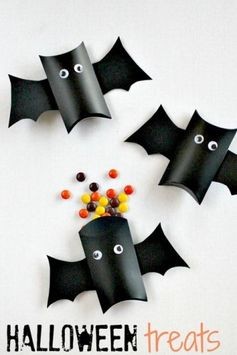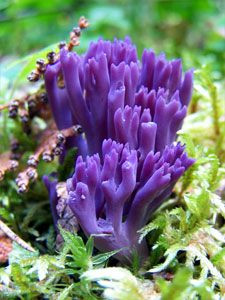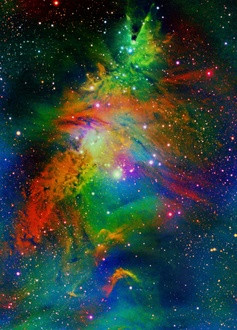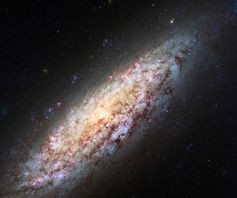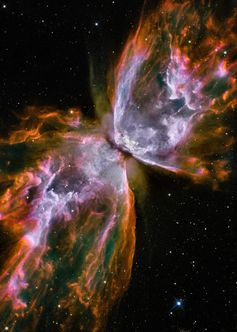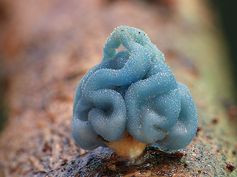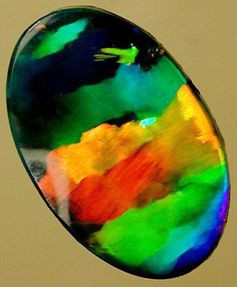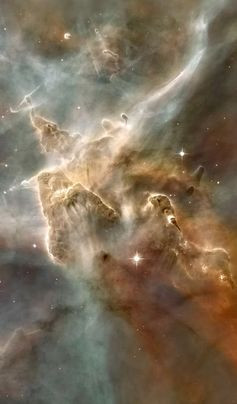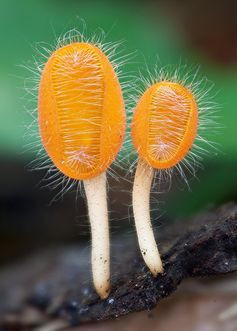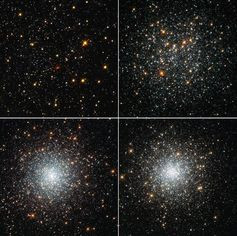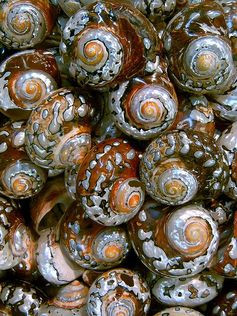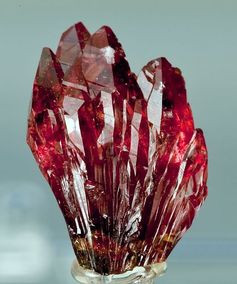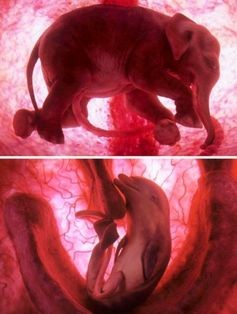Purple coral fungi
Lepidolite is the Peace Stone. Lepidolite encourages independence for setting and attaining goals inconspicuously. Protection from outside influences. Relieves every day stress, and promotes restful sleep when placed near your pillow. Attracts go
Placed on the sacral hara chakra, snowflake obsidian will calm and soothe and allow you to view unhealthy patterns in your own behaviour, thus opening the door to change. Obsidian draws hidden imbalances to the surface and releases them. The blac
NGC 6302 (also called the Bug Nebula, Butterfly Nebula, or Caldwell 69) is a bipolar planetary nebula in the constellation Scorpius. The structure in the nebula is among the most complex ever observed in planetary nebulae. The spectrum of NGC 6302 sh
Black Opal / Lightning Ridge (NSW), Australia ❦ CRYSTALS ❦ semi precious stones ❦ Kristall ❦ Minerals ❦ Cristales ❦
Inside the #CarinaNebula: Cropped from original 465 mb tif image. A towering “mountain” of cold hydrogen gas laced with dust is the site of new star formation in the Carina Nebula (NGC 3372). The great gas pillar is being eroded by the ultraviolet ra
